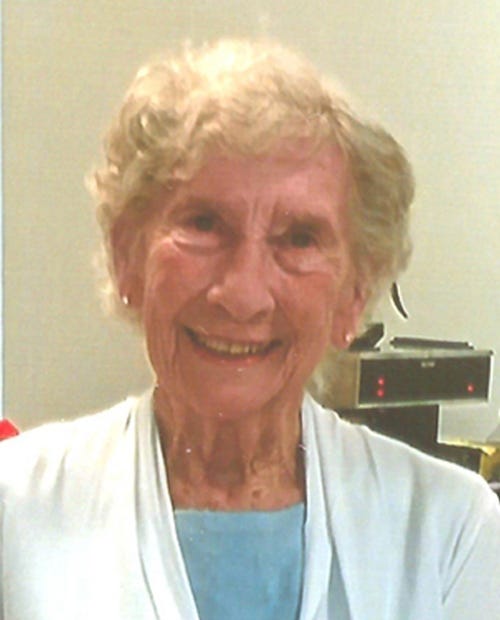
After high school, I worked for a time at Milton’s only banking institution, the old First National Bank, now defunct. It had a branch at Whiting Field, a somewhat sporadic operation in those days. It opened, closed, then reopened from time to time.
A person more experienced than I was and I went daily to the branch bank after checking in at the mother bank, collecting the money and records needed for the daily operation of the branch, and then traveling to the branch at Whiting.
Upon arriving at Whiting, the first order of “business” was to go to the PX across the street. I usually had fruit or coffee, having had a hearty breakfast before leaving home; whereas Jenny usually had breakfast. We then closed “shop” and went back to the main bank to finish the day’s work.
On military paydays, transactions were many. We carried a great deal of money for cashing checks, but we also carried a great deal of cash and checks back into town with us on those afternoons. The bank president, the elder Mr. Sam Cox, owner of Fisher-Hamilton Hardware Store, followed Jenny and me to the branch bank. He came out on those afternoons and “escorted” us back to Milton by following us in his car.
The entire bank staff was not over six or eight people. We, therefore, cross-trained to be able to interchange duties. While “cashiering,” I soon discovered I amused my coworkers by often questioning signatures on checks being cashed when the signature did not match the signature on file at the bank.
At the time, Milton was small enough that almost everyone knew everyone else, but being the stickler that I was, I always wanted to “make sure.” I faithfully compared check signatures with the card on file until I learned that a local doctor’s wife, although not on the account, regularly signed her husband’s name to checks. In fact, she did practically all of his banking. To this day, I do not understand why her name was not on the account.
Having the husband’s name only on an account seemed to be a practice of married couples at that time. Times have really changed in that regard.
Often, back at the main bank, my job was to post transactions on a now-old-fashioned, hand-operated bookkeeping machine where you flipped the transaction sheet (that was similar to a modern-day bank statement sheet) and put the information on another sheet.
After the posting was finished, we reconciled receipts for the day with the actual cash, counting by hand every cent. We sat at high counters on stools to count. I always assumed the “counter” got its name from this process of people counting money on the space.
Employees did not leave, long after the doors to the public were closed, until each and every cent was accounted for and reconciled with the day’s transactions.
I learned that some employees added a cent or so to the amount of money counted in order to balance so that they could finally go home.
With the small staff, I came to regard as a friend and a mentor each fellow employee. When the branch bank closed on that occasion, the other teenager and I were let go.
Many years later, I was offered employment at the same bank. I had progressed to a better paying job ($150 per month) and did not go back. However, I remember the fellow workers, now deceased, with much fondness.
Doris Melvin Kingry, retired English and journalism teacher, was first woman elected to public office in Santa Rosa County, where she served eight years. She is a native Santa Rosan, living where her family has lived for several generations.
This article originally appeared on Santa Rosa Press Gazette: Early job taught small town courtesies
